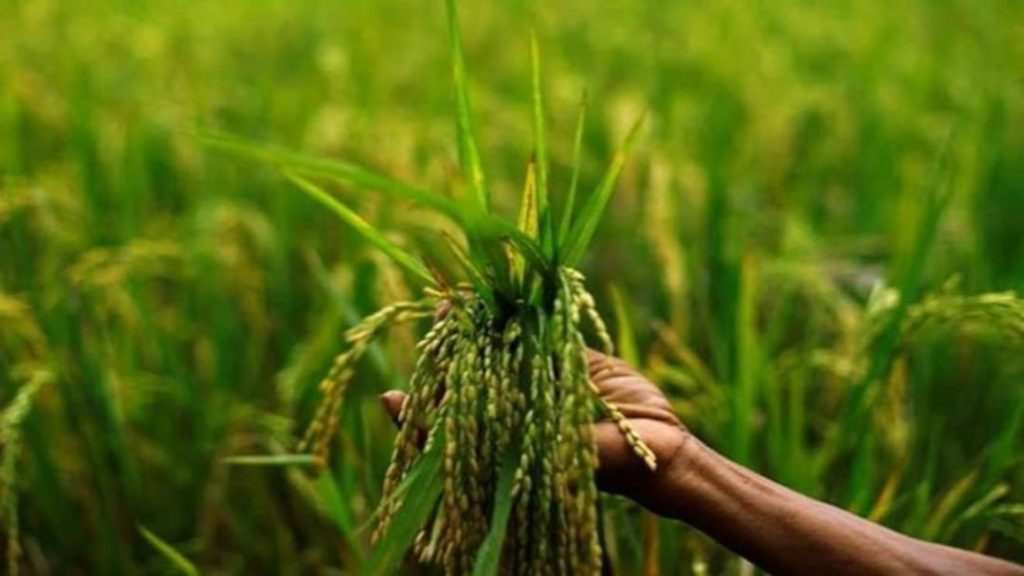
India Cutting Chenab’s Supply Will Increase Water Shortage & Impact Crops, Accepts Pakistan
The ongoing tensions between India and Pakistan over the Indus Waters Treaty have taken a new turn, with Pakistan’s Indus River System Authority (IRSA) warning that India’s decision to cut the flow of the Chenab River will exacerbate water shortages across the country. The move is expected to have a significant impact on crops, particularly the kharif crops, which are already facing a shortage.
According to reports, India has suspended the Indus Waters Treaty, which was signed in 1960 to regulate the sharing of the waters of the Indus, Chenab, and Jhelum rivers. The treaty allows India to use the waters of these rivers for irrigation and other purposes, but Pakistan claims that India has been violating the treaty and reducing the flow of the rivers.
Pakistan’s IRSA has warned that India’s decision to cut the flow of the Chenab River will lead to a significant increase in water shortages across the country. The authority has estimated that the water shortage in the late kharif season will be around 7%, and the early kharif season is expected to face a shortage of around 21%.
The kharif crops, which are sown during the monsoon season, are a major source of income for many farmers in Pakistan. The crops include rice, sugarcane, cotton, and wheat, among others. The IRSA has warned that the reduced water supply will not only affect the yield of these crops but also impact the livelihoods of thousands of farmers.
The Indian government has not commented on the IRSA’s warning, but sources close to the matter have indicated that India is willing to engage in talks with Pakistan to resolve the issue. The Indian government has also stressed that the suspension of the Indus Waters Treaty was a measure to protect its interests and prevent Pakistan from misusing the water resources.
Pakistan, on the other hand, has accused India of violating the treaty and reducing the flow of the rivers. The country has demanded that India respect the treaty and restore the flow of the rivers to its original levels.
The dispute over the Indus Waters Treaty has been ongoing for several years, with both countries accusing each other of violating the treaty. The treaty was signed in 1960 to regulate the sharing of the waters of the Indus, Chenab, and Jhelum rivers, which are the lifeline of Pakistan’s agriculture sector. The treaty allows India to use the waters of these rivers for irrigation and other purposes, but Pakistan claims that India has been violating the treaty and reducing the flow of the rivers.
The dispute has taken a new turn with India’s decision to cut the flow of the Chenab River. Pakistan has accused India of trying to strangle its agriculture sector by reducing the flow of the river. The country has demanded that India respect the treaty and restore the flow of the river to its original levels.
The impact of the reduced water supply will not only be felt by farmers but also by the general public. The reduced water supply will lead to a shortage of food, particularly wheat and rice, which are staple crops in Pakistan. The country is already facing a food crisis, and the reduced water supply will only exacerbate the situation.
In conclusion, the dispute over the Indus Waters Treaty has taken a new turn with India’s decision to cut the flow of the Chenab River. Pakistan’s IRSA has warned that the move will lead to a significant increase in water shortages across the country and impact crops, particularly the kharif crops. The dispute has far-reaching implications for the agriculture sector and the general public, and it is imperative that both countries engage in talks to resolve the issue amicably.






